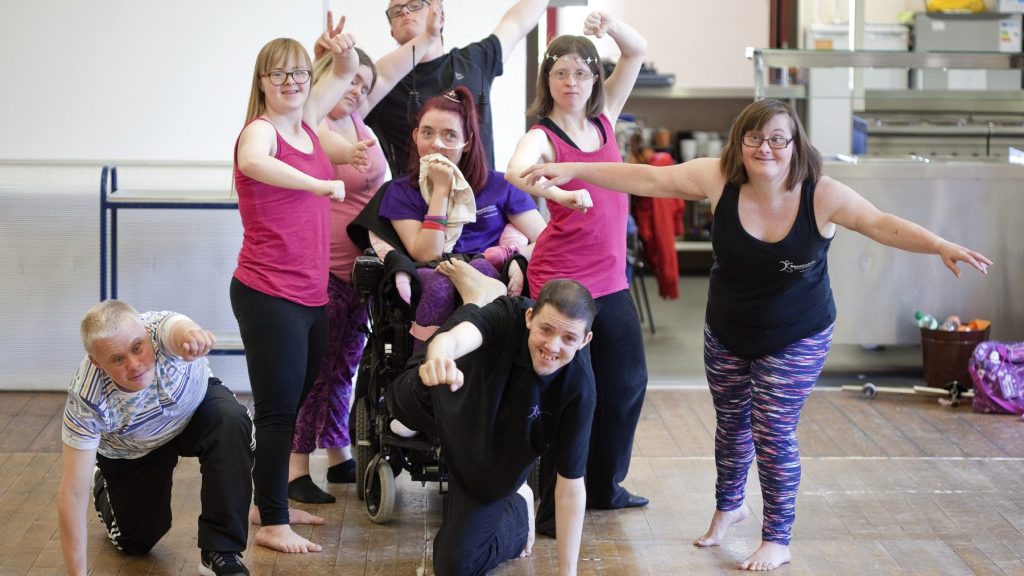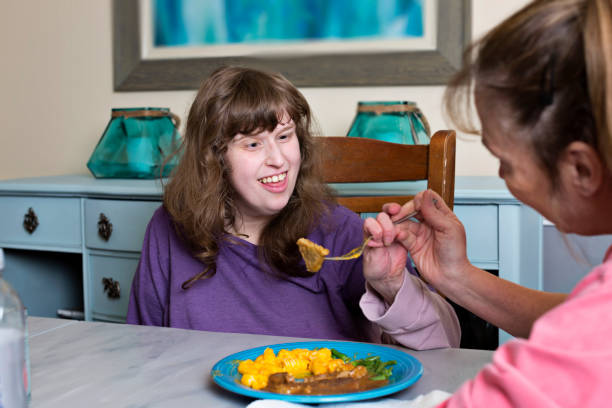
“Stress is how we react when we feel under pressure or threatened. It usually happens when we are in a situation that we don’t feel we can manage or control.
When we experience stress, it can be as:
- An individual, for example when you have lots of responsibilities that you are struggling to manage
- Part of a group, for example if your family is going through a difficult time, such as bereavement or financial problems
- Part of your community, for example if you belong to a religious group that is experiencing discrimination
- A member of society, for example during natural disasters or events like the coronavirus pandemic
If you feel stress as part of a bigger group, you may all experience it differently. This can happen even if the cause of your stress is the same.” [1]

“Managing stress is a problem for all people as it can cause anxiety, headaches, and tension, to name just a few things. We also know that when stressed, we are less likely to handle difficult situations well. People with IDD, however, often have a much harder time with managing stress than other people. There are a few reasons for this.
First, people with IDD often have more stressful lives than typical people. Second, people with IDD often don’t have as many good things going on in their lives that would help them take their minds off of stressful things. Third, people with IDD haven’t learned (or had the opportunity to learn) how to manage stress. These things all go together to say that people with IDD don’t have as much “wellness” in their lives.” [2]

How to Manage Stress for People with Disabilities
“Managing stress is crucial for individuals with disabilities, as it can greatly impact their well-being. Fortunately, numerous strategies and tools are available to help alleviate stress and promote relaxation:
- Vitamins are vital in supporting mental and emotional well-being and can be particularly beneficial for individuals with disabilities or conditions. Certain vitamins, such as B-complex and vitamin D, have been linked to stress reduction and mood improvement.
- Personal care products also play a significant role in managing stress. Essential oils such as lavender, chamomile, and ylang-ylang can be diffused or applied topically to promote relaxation and reduce anxiety. Personal care products such as bath salts or shower gels infused with calming scents can create a soothing environment for individuals to unwind and alleviate stress.
- Massage can be valuable tools for stress management for individuals with disabilities. Massages have long been recognized for their therapeutic benefits, including stress reduction and muscle relaxation.
- Exercise and fitness products can be pivotal in stress management for individuals with disabilities or conditions. Engaging in physical activity releases endorphins, known as “feel-good” hormones, which can enhance mood and reduce stress levels.

- Meditation is a practice that involves training the mind to focus and redirect thoughts. It can be particularly beneficial for individuals with disabilities or conditions as it helps cultivate mental clarity and inner peace. There are various forms of meditation, including mindfulness meditation, guided visualization, and loving-kindness meditation.
- Deep breathing exercises are another effective relaxation technique. When we are stressed, our breathing tends to become shallow and rapid. Deep breathing involves taking slow, deep breaths, filling the lungs fully and exhaling slowly. This activates the body’s relaxation response, slowing the heart rate and promoting a sense of calm.
- Progressive muscle relaxation is a technique that involves systematically tensing and relaxing different muscle groups in the body. Progressive muscle relaxation promotes relaxation, reduces muscle stiffness and pain, and enhances overall well-being.
- Support pillows are specialized pillows designed to provide comfort and support to individuals with disabilities or conditions, making them valuable tools for managing stress. These pillows are carefully crafted to cater to specific needs and can offer a range of benefits that contribute to stress reduction and overall well-being.

- Herbal supplements are natural plant products widely used to promote health and well-being. Herbal supplements offer a holistic approach to stress management by supporting the body’s natural systems and promoting relaxation.
- Nutritional foods and drinks are vital in managing stress for individuals with disabilities. A balanced and nourishing diet can provide essential nutrients that support overall well-being, boost energy levels, and enhance the body’s ability to cope with stress. Incorporating specific foods and drinks into one’s diet can offer numerous benefits and contribute to a healthier stress response.
- Body care products can play a significant role in helping individuals with disabilities manage stress and promote overall well-being. These products encompass a wide range of items, including skincare, bath products, lotions, and more, designed to nurture the body and provide a sense of relaxation and self-care.
- Foot care products are essential for helping individuals with disabilities manage stress and improve their overall well-being. These products are designed to address various foot-related concerns, promote comfort, and relieve pain or discomfort, which can reduce stress.

Helping adults with disabilities to understand that stress is a normal reaction to both positive and negative daily stimulants, allows them to learn how to deal with the situation, adding the suggested activities above and giving the support they need are an effective way to minimize and avoid the stress. Together we can make a big difference.
Resources
[1] https://www.mind.org.uk/information-support/types-of-mental-health-problems/stress/what-is-stress/
[2] https://mn.gov/dhs/assets/stress-management-0817_tcm1053-309324.pdf
[3] https://avacaremedical.com/blog/how-to-manage-stress-for-people-with-disabilities-or-conditions.html
[4] https://digitalcommons.csumb.edu/cgi/viewcontent.cgi?article=1496&context=caps_thes_all
